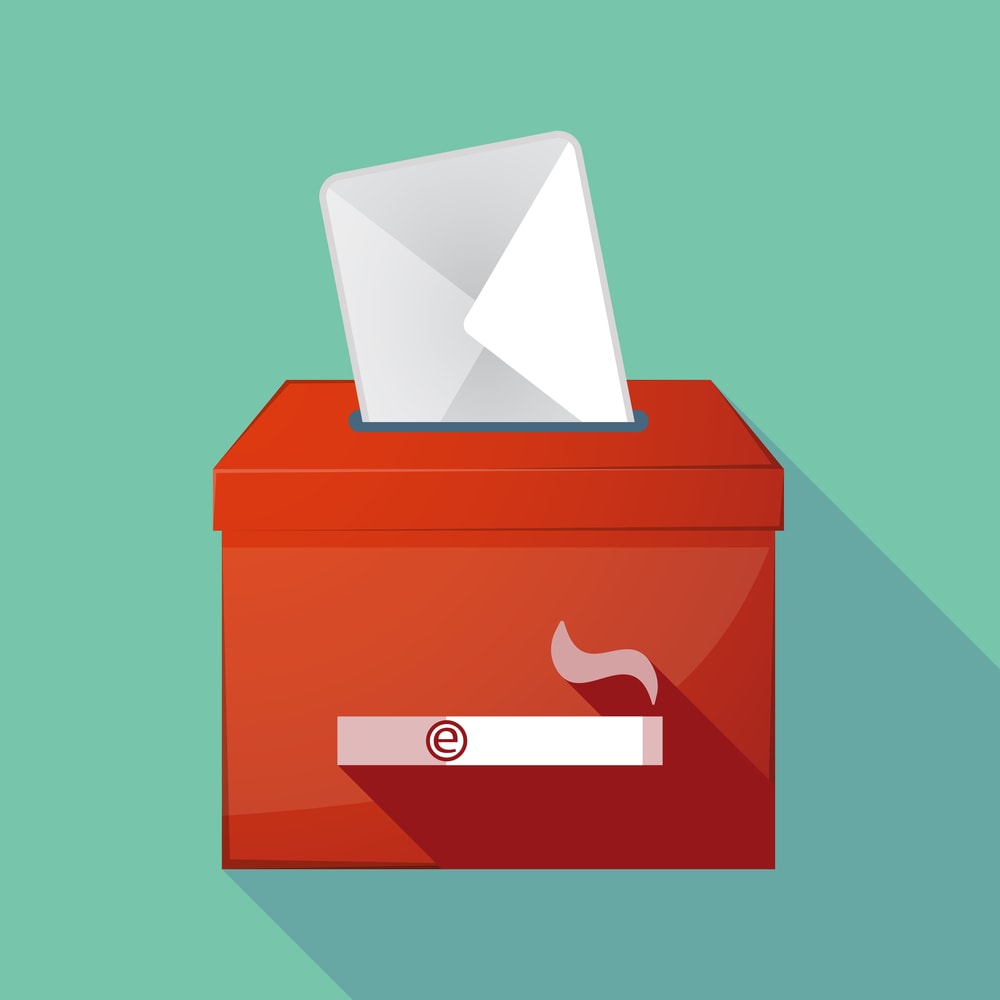Swiss distrust e-Gov services
According to a study, the majority of the population still has doubts about criteria such as data protection and cyber security when it comes to e-government solutions. Most users would also not pay extra for these services. But how can citizens be gently encouraged to trust more?

As a study by Deloitte shows, Swiss citizens still have little trust and also many reservations when it comes to using e-government services. A majority of respondents have doubts about data protection and general cyber security. These doubts arise above all when it comes to digital services for taxes, digital signatures or ordering a passport. According to the survey, 28 percent have reservations about data protection and 25 percent expressed concerns about a lack of data security.
Swiss citizens consider the aspect of data privacy and data security to be particularly sensitive when it comes to topics such as taxes and legally binding signatures. Around one-third of respondents see problems with data protection or data security (38% and 33%).
Feedback culture could improve trust
The Deloitte study concludes that citizens need to be met more where their concerns and the resulting barriers to use are greatest. The issue of cybersecurity, for example, should not be treated as a purely technical IT problem. Human aspects such as emotions, trust and the subjective feeling of security must also be taken into account. In particular, the training of administrative employees is important.
However, the survey results suggest that positive experiences appease citizens if they had used a digital service at least once. Those users would also increasingly perceive the benefits of a digital service as such, the study continues. Also, if citizens were involved in a feedback culture, trust in the service would improve.
Source: Deloitte









